The Power of Less: Organizing for Stress-Relief
How cleaning out a space can help relieve the mind of stress and better a work environment.
Students here at Air Academy High School are growing adults. When coming into the world of adulting, students learn key skills to strive independently in life. However, high schoolers gain more independence by owning their own things. Examples of this can include cars, lockers, clothes, shoes, books, hats, and school supplies. With this, students have the perception of owning more than they actually need. The power of less is the demonstration of identifying the essential and eliminating the unnecessary. Freeing clutter can help relieve the mind of unknowing stress.
“I think the most consuming thing that stresses me out is old homework assignments. A lot of the assignments just linger in my binders till the end of the school year,” sophomore Ramah Khammash stated.
When it comes to organizing, Marie Kondo is the person to learn from. Kondo is an organizing consultant and helps minimize a person’s space to help relieve the mind of stress. Kondo’s philosophy when it comes to organizing is to tidy up by category rather than location. She says to begin organizing by clothes first, or books, old papers, and sentimental items. Kondo’s main goal in doing this is that it helps motivate the brain to get rid of the miscellaneous items that do not mean anything to you.
“Whenever I look back at all the items that I’ve collected in my backpack or folders, it amazes me at how much I’ve collected. I always ask myself, ‘Why did I collect all of this?’” Khammash continued.
This dawns the question on why we collect so much useless items? There is a psychological urge to spend within society. A 1980’s study came out from Susan Fiske and Shelley Taylor claiming that humans do not make rational decisions. Instead, humans brains are trained to choose a simple and least amount of effort task. When it comes to collecting objects, this nerve in the brain is firing synapses to simply not care and to keep collecting.
“I had a locker since sophomore year, and even though I had my backpack I still used my locker a lot for snacks and extra books,” junior Riley Hogan stated.
A lot of the time, high school students have used their lockers, cars, and even backpacks as forms of their mini living spaces. In an article by Fiske and Taylor, both studied that when humans make mini living spaces, such as a car, it can reflect a person’s mind. If that mini living space is messy and unorganized it can reflect how a person’s life is going in either a positive or negative reflection.
“I always try to keep my locker clean, but whenever it does get messy it’s only because of my extra workload and I can’t fit everything in my locker,” junior Zaine Ashtari stated.
Almost every high school student goes through a period of getting a car or even a locker. When it comes to this time, it is important to keep that space organized and stress free for a better mental space. Kondo says in an article that with a better working space comes better and more productiveness. The most important concept is to not be lazy in your mini space, but to keep it in a clean manner. With spring cleaning coming right around the corner, this is a perfect time for cleaning out junk that may be festering in any mini spaces. With a clean space and organized areas for students can not only help their mental health, but more importantly their work ethic for school.

Hi I’m Maddie Chidester! This is my first year writing at the Jetstream Journal and I am very excited to be working with my team! I am a sophomore who...



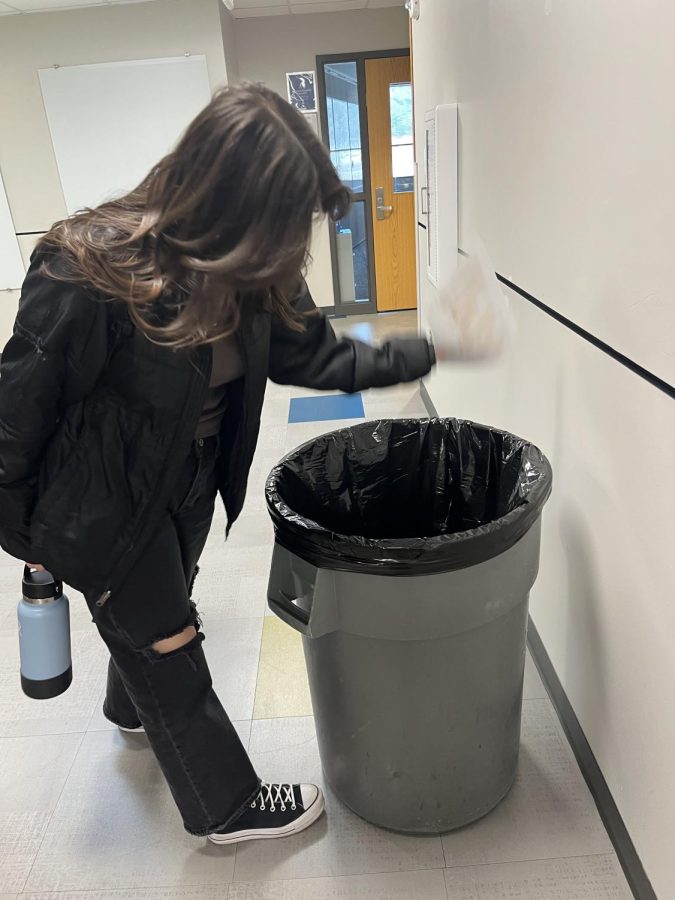
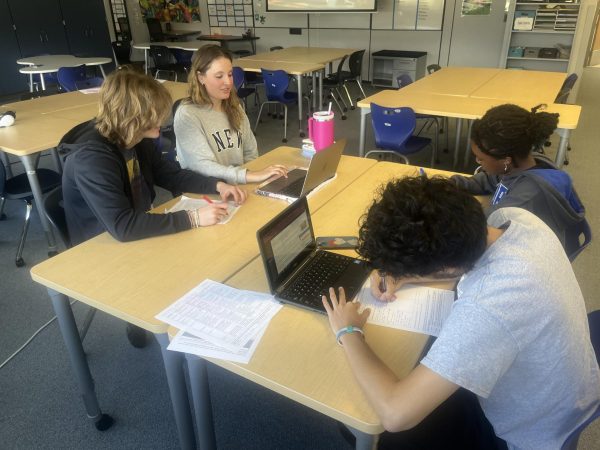
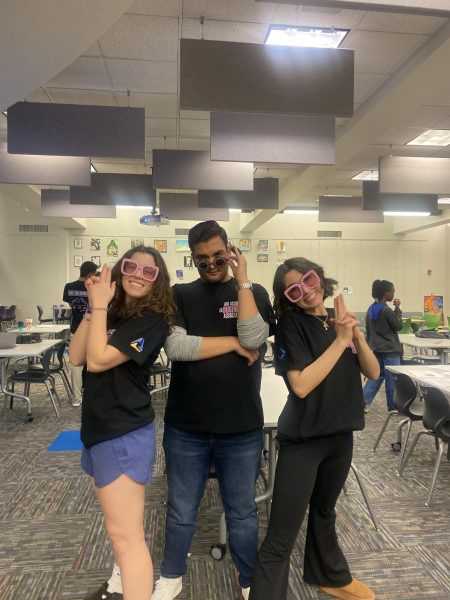
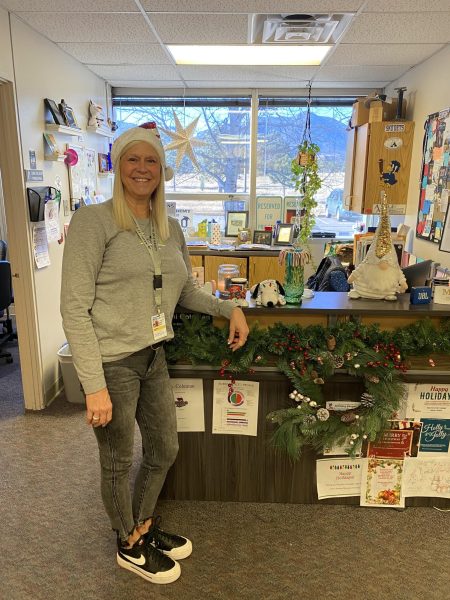
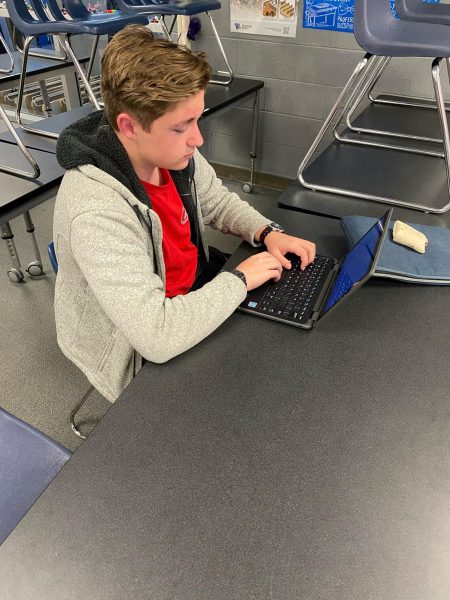
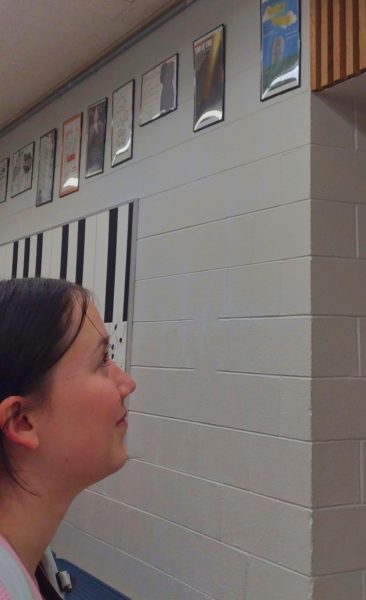

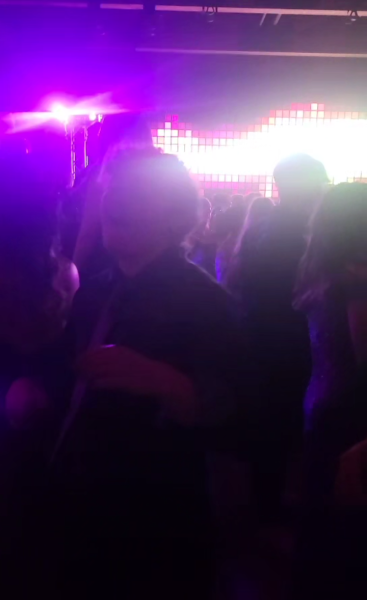

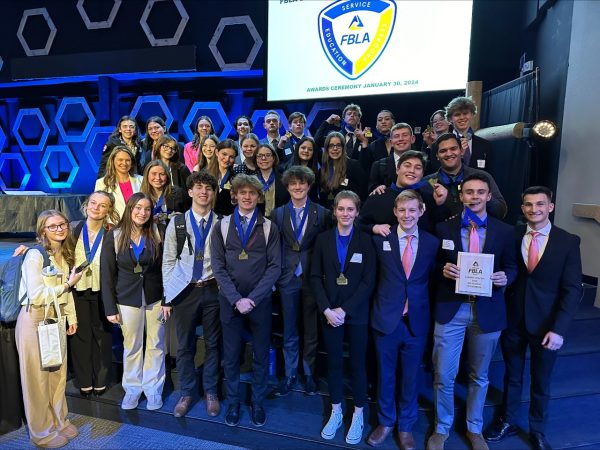

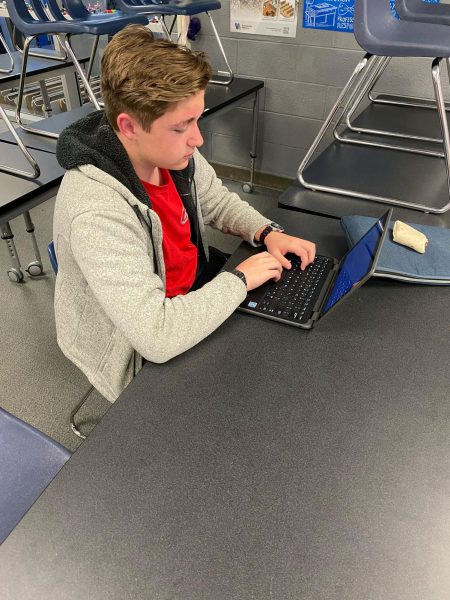


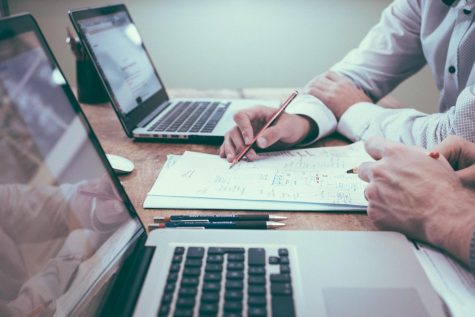

Natalie Cordasco • Feb 2, 2023 at 2:30 pm
These are great tips for high schoolers as well as adults. Good job!